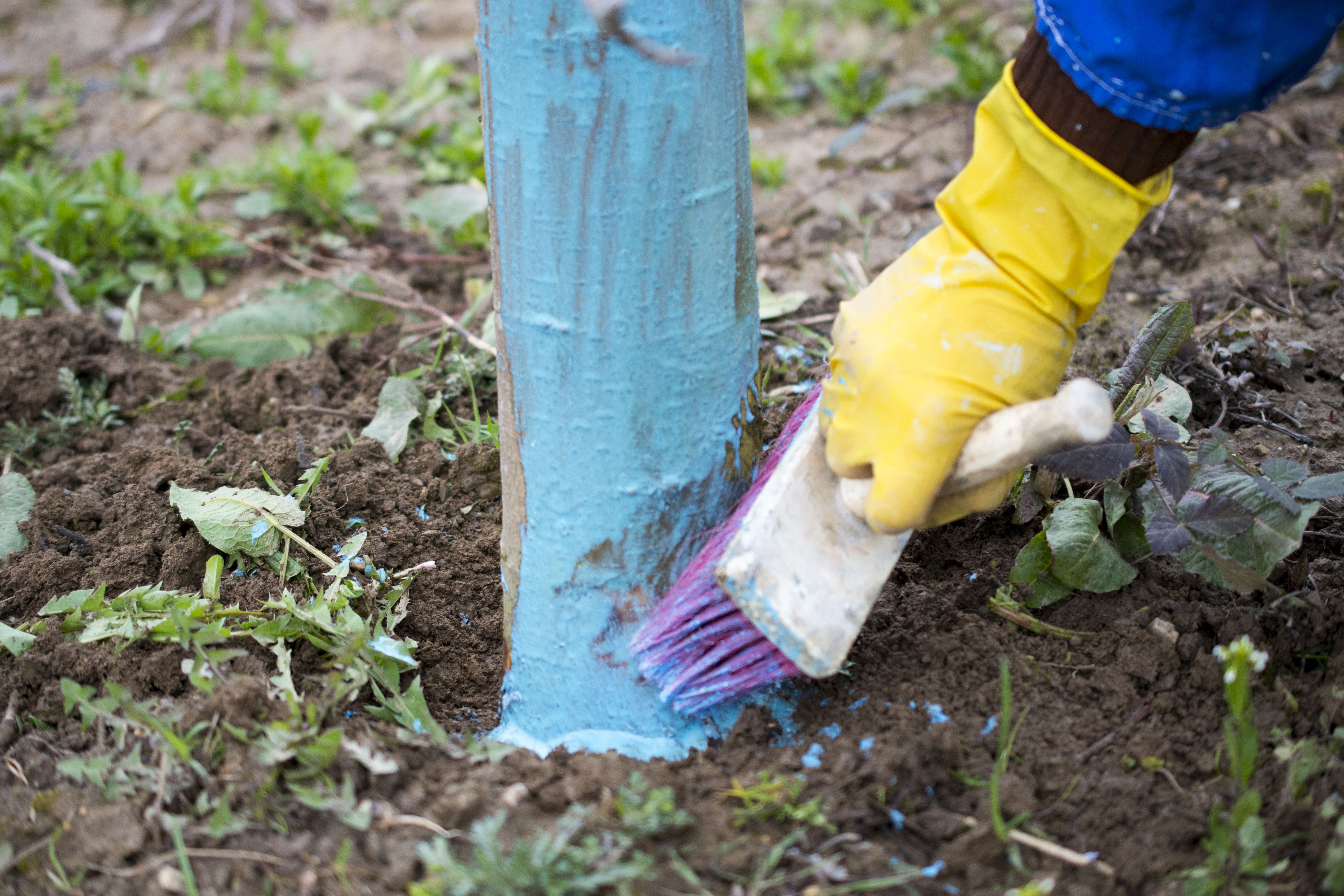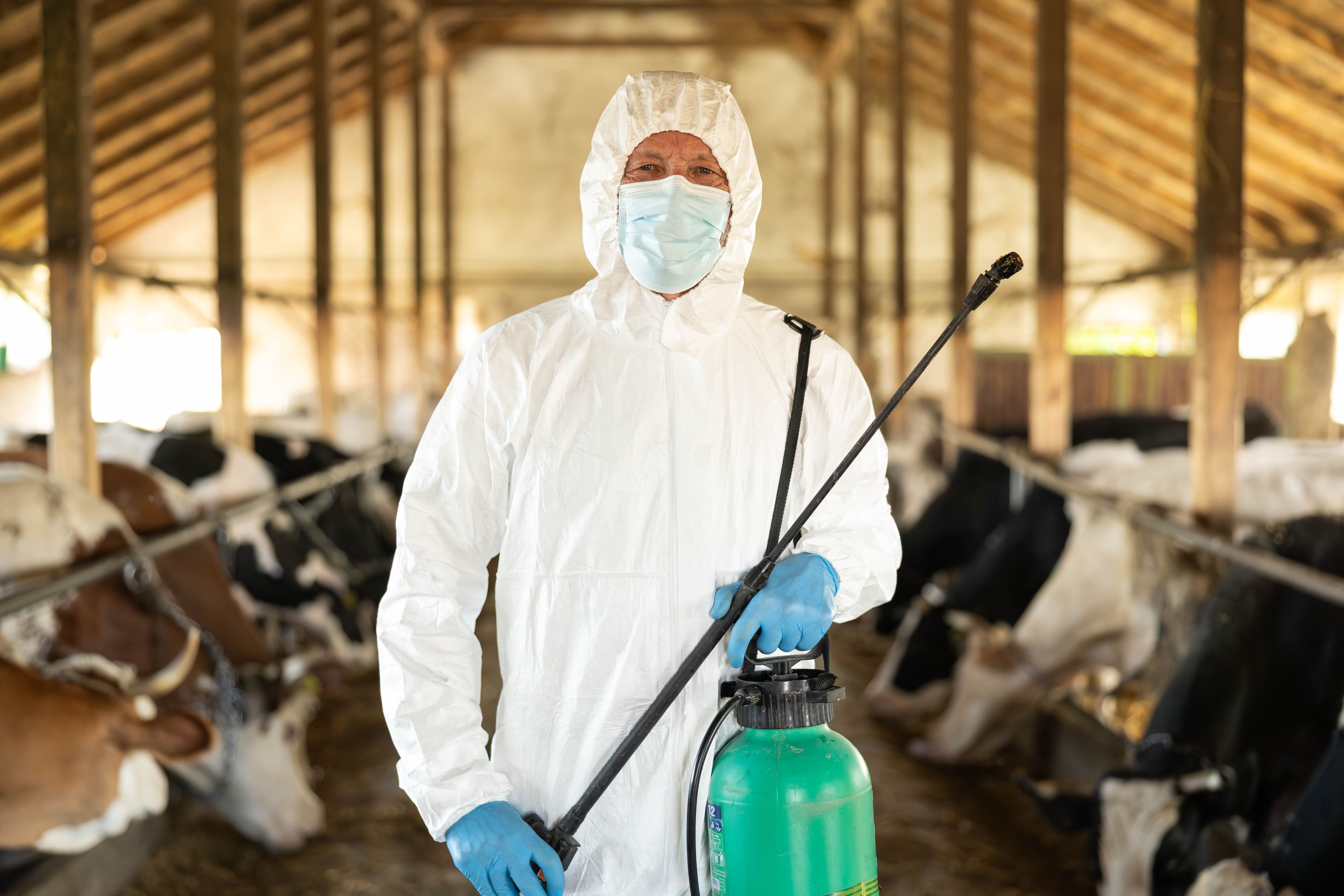Enhancing Crop Production with Copper Sulphate during Monsoon Season
AJ
Introduction to Copper Sulphate in Agriculture
As the monsoon season approaches, farmers are faced with both the promise of abundant water and the challenges of maintaining healthy crops. One effective solution that has gained popularity is the use of copper sulphate, a versatile compound known for its numerous agricultural benefits. Copper sulphate can enhance crop production by preventing diseases, improving soil health, and promoting plant growth.

The Role of Copper Sulphate in Disease Prevention
One of the primary benefits of using copper sulphate in agriculture is its effectiveness as a fungicide. During the monsoon season, increased moisture can lead to the proliferation of fungal diseases, which can severely damage crops. Copper sulphate acts as a protective barrier against fungi, helping to preserve crop yields. By applying it as a spray or soil treatment, farmers can reduce the incidence of diseases like downy mildew and leaf spot.
Enhancing Soil Health with Copper Sulphate
Copper is an essential micronutrient that plays a critical role in plant development. Copper sulphate provides this vital nutrient to the soil, improving its fertility and promoting robust plant growth. It aids in chlorophyll production and enzyme activation, both of which are crucial for photosynthesis and overall plant health. Regular application during the monsoon season ensures that crops receive an adequate supply of copper.

Application Techniques for Maximum Benefits
To reap the maximum benefits of copper sulphate, it's important to apply it correctly. Here are a few methods commonly used by farmers:
- Foliar Spray: Mixing copper sulphate with water to spray directly on plant leaves can provide immediate protection against fungal attacks.
- Soil Drench: Applying a diluted solution to the soil can enrich it with copper and prevent root diseases.
- Seed Treatment: Treating seeds with copper sulphate before planting can protect young seedlings from disease right from the start.
Precautions and Best Practices
While copper sulphate is beneficial, it is crucial to use it responsibly to avoid any adverse effects on crops and the environment. Over-application can lead to copper toxicity, which can harm plants and soil organisms. Farmers should follow recommended guidelines for application rates and frequency. It's also advisable to conduct soil tests to determine existing copper levels before applying additional amounts.

The Economic Benefits of Using Copper Sulphate
The use of copper sulphate not only enhances crop production but also offers economic advantages. By preventing diseases and improving plant health, farmers can achieve higher yields, leading to increased profits. Additionally, healthier plants require fewer interventions such as additional fertilizers or pesticides, reducing overall farming costs.
Environmental Considerations
Copper sulphate's impact on the environment is another important consideration. When used appropriately, it poses minimal risk to non-target organisms. However, excessive use can lead to soil and water contamination. Farmers are encouraged to adopt sustainable practices, such as integrating copper sulphate with other natural pest control methods, to minimize environmental impact.
Conclusion
Incorporating copper sulphate into crop management practices during the monsoon season can significantly enhance agricultural productivity. By effectively preventing diseases, improving soil health, and promoting plant growth, copper sulphate stands out as a valuable tool for farmers seeking to maximize their yields. By adhering to recommended application practices and considering environmental impacts, farmers can sustainably harness the benefits of this powerful compound.
